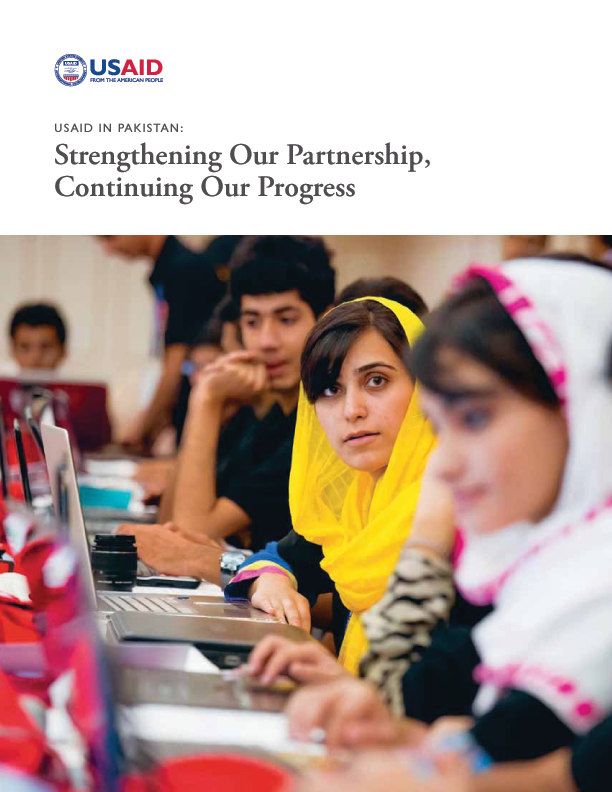For Immediate Release
Washington, D.C. – As U.S. Secretary of State John Kerry arrived in Islamabad today, the U.S. Agency for International Development (USAID) released a report on development assistance to Pakistan. As part of USAID’s commitment to transparency for its second largest country program, the report measures development milestones reached relative to aid dollars spent.
USAID in Pakistan Report ![]() (pdf - 3 MB)
(pdf - 3 MB)
The report, “USAID in Pakistan: Strengthening Our Partnership, Continuing our Progress,” details USAID spending and accomplishments in five key sectors: energy, economic growth, stabilization, health, and education.
Accomplishments since 2009 include:
- 1,000 megawatts of capacity added to Pakistan's power grid – enough to supply electricity to nearly 16 million people;
- Over 12,000 scholarships provided to Pakistani university-bound students;
- More than 6,500 lives saved through our maternal and child health programs;
- Over 600 kilometers of roads built;
- Thousands of farmers linked to markets.
Since 2009, the United States has provided more than $3.3 billion in civilian assistance to Pakistan, including about $1 billion in humanitarian response to conflict and floods. The infusion of new resources for Pakistan was made possible by the historic Enhanced Partnership with Pakistan Act of 2009, which launched a new era of development cooperation with Pakistan.
“By applying the principles of local ownership, sustainability, and mutual accountability, we are ensuring that our assistance achieves lasting and sustainable results,” says the report. “In Pakistan, more than half of USAID-funded programs are implemented directly by Pakistani government institutions or Pakistani private sector organizations – more than any other USAID mission in the world.”
The report describes innovative programs such as the recently launched Pakistan Private Investment Initiative, in which USAID leveraged the investment expertise of private equity firms and seeded two Pakistan-focused private equity funds. Other public private partnerships in Pakistan with Nestle and PepsiCo link small farmers with large agribusinesses and allow USAID to stretch American tax dollars while increasing our development impact.
To read more, the report can be accessed online here: http://www.usaid.gov/








Comment
Make a general inquiry or suggest an improvement.